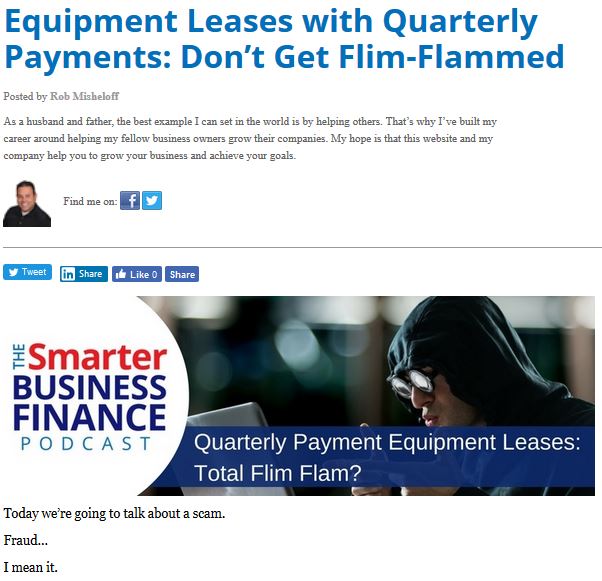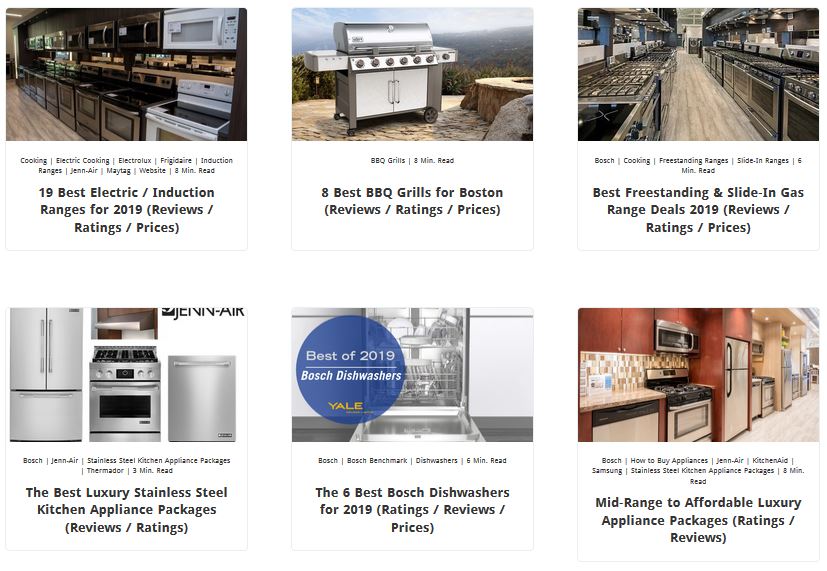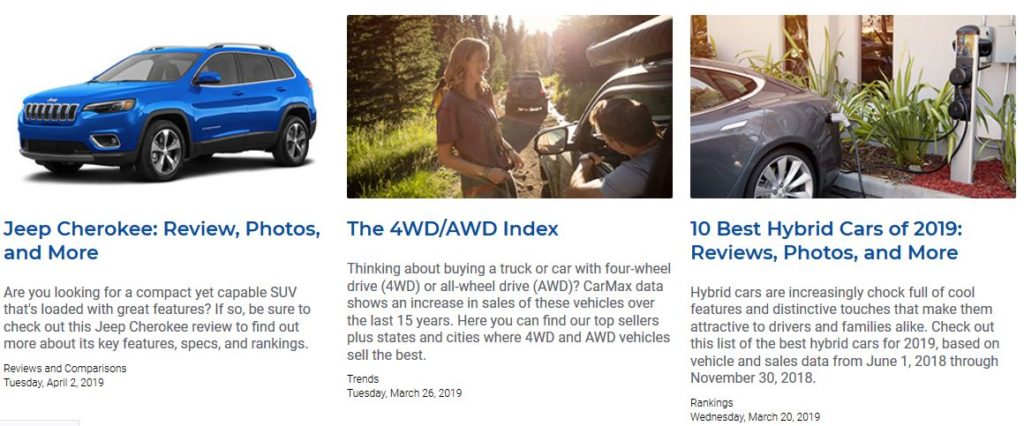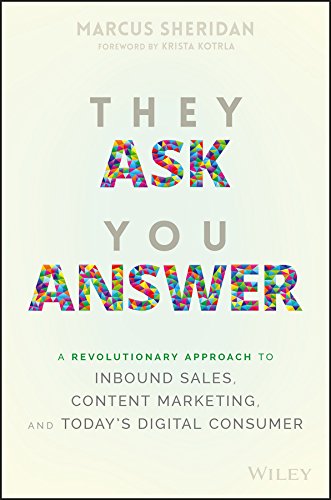
Card photo created by creativeart – www.freepik.com
This is probably the best content marketing strategy I’ve ever come across.
And I certainly do know truckloads of them. After all, I’ve spent over 15 years blogging about business, run a content and social media marketing agency, and trained over 3,000 students in 160 workshops and classes in digital and non digital marketing.
I first learned of Marcus Sheridan and River Pools and Spas several years ago on a podcast episode.
While I can’t remember the details of that podcast, I vividly recalled the brilliant revelation of how companies can ride on content marketing through four simple words:
They Ask, You Answer
The title of Sheridan’s book on inbound and content marketing (learn more about inbound marketing here), it totally resonated with me.
Anchored on his experience using targeted and useful content to turnaround a money-losing pool company into the largest inground pool company in the United States, They Ask, You Answer is a boon for marketers.
Join me now as I share some of its brilliant lessons with you.
The “Big 5” in Content Marketing
Rooted as a business philosophy more than just a content marketing strategy, They Ask, You Answer combats what Sheridan terms as “ostrich marketing” (hiding away from difficult questions).
To embrace this, you need to be startlingly open and transparent. You should also focus on the topics that consumers and businesses research the most when they’re getting ready to make a purchasing decision.
Dubbed the “Big 5,” they cover the following subjects:
- Pricing and Costs
- Problems
- Versus and Comparisons
- Reviews
- Best in Class
Let’s dive into each in detail.
#1 Pricing and Costs
Virtually everybody would have typed into Google questions like these:
- “How much does ______ cost?”
- “What is the price of a _______?”
- “How much should I pay for _____?”
In fact, a single article “How Much Does a Fiberglass Pool Cost?” contributed over US$3 million in sales for River Pools and Spas!
Naturally, most businesses bristle at the prospect of sharing their prices. After all, every solution is different. Plus, there are lots of competitors lurking out there. Businesses may also worry that they’d scare potential customers away.
Debunking these myths, Sheridan shared the following:
- Every Solution is Different? Answer the question of variable costs. Explain the factors that keep the costs down or up. Teach the reader the factors contributing to costs within the industry.
- Competitors will Find Out? Most competitors already know or have a good feel! What you could do is to provide a range in the industry that is already common knowledge.
- We’ll Scare Customers Away? On the contrary, the opposite is true. Customers are more afraid of companies that won’t address their cost and price!
#2 Problems
Nobody wants to share the problems in their product, service or brand. However, being honest and open about your limitations helps you to build trust and address that “elephant in the room.”
The thing here is to offer solutions to these problems.
Here’s an example from River Pools and Spas on the Top 5 Fiberglass Pool Problems and Solutions which netted them over US$500,000 in income!
In implementing this, consider the following steps:
- What does the competition say is negative about what we sell?
- What do consumers and buyers see as the negatives of our products and services? (Is it that you’re the most expensive? Or that your product only fits certain applications?)
- How can we address them honestly and transparently on our website and our sales process to turn it into an advantage?
Case Study: Smarter Finance USA
One of the examples cited was Smarter Finance USA, an equipment financing company. On a mission to educate their clients and “set the record straight” about equipment leasing online, they address problems on their website such as the following:
- “5 Lies Heavy Equipment Financing Companies Tell You”
- “5 Restaurant Equipment Leasing Swindles to Avoid”
By explaining the pros and cons openly, they managed to double website visits every two to three months – from just a few hundred visits at the beginning to more than 25,000 visits in late 2015.
What’s more amazing is that they amassed more than 2,600 new contracts during this time!
Here’s an example of the types of articles they produce on the problems in the industry.

#3 Versus and Comparisons
This is one of the most popular searches among consumers and businesses alike. You can use this opportunity to share your knowledge about your industry, and help customers to find products which best fit their needs.
Doing so not only helps you to build trust. It also positions your brand as a teacher – one that prospects can listen to and rely on for sound advice.
When doing so, you need to come across as being objective and unbiased. Here’s how Sheridan does it:
- State first that your company sells a specific product/ service
- Admit immediately that it isn’t necessarily the best choice for everyone
- State how the other competing option might, at times, be the beter option
- Explain how the article (or video) takes an honest look at the pros and cons
- Allow the reader (or viewer) to make the best choice for themselves
In the case of River Pools and Spas, their willingness to tackle the difficult question of comparing fiberglass pools (their product) to concrete pools and vinyl liner pools (competitive products) helped them to rank well.
Their content pieces comes up for the right SEO keywords like the following:
- Fiberglass vs concrete pools
- Fiberglass vs vinyl pools
- Vinyl vs concrete pools
- Concrete compared to fiberglass pools
- Concrete compared to vinyl liner pools
Here’s a video (both on YouTube and embedded on this article) which highlights this point.
#4 Reviews and #5 Best in Class
From childcare centres to cars, cafes and computers – everybody is looking for reviews, ratings and rankings.
It is the number one reason why websites like Tripadvisor, HungryGoWhere, and Booking.com are thriving. And generating a tonne of valuable website traffic.
We love knowing who everyone else loves, hates and how they all compare against each other.
In thinking about reviews, you need to consider these points:
- Brainstorm the top competitors and companies in your space
- Write an article about the best companies in your field
- Consider other “best in class” types of content you can produce for your industry. Eg “The Best Content Marketing Campaigns for 2019”
- Stick to facts and stay away from opinions
- Exclude your company or product from the reviews.
The key thing about reviews is to establish yourself as an expert in the business. And to position your company as the trusted source of your industry.
Case Study: Yale Appliance
Guess who the biggest online thought leader in the kitchen appliance space is?
Nope it isn’t any of the big names like GE and Whirlpool, but a small home appliance retail and service company in Boston called Yale Appliance.
What the company did was to publish numerous review style articles such as the following:
- “The Least Serviced/ Most Reliable Appliance Brands 2019 (Reviews/Ratings)”
- “The 5 Best Affordable Luxury Appliance Brands (Reviews/Ratings)”
- “The Best Induction Cooktops for 2019 (Ratings/Reviews/Prices)”
By doing so, they generated an average of 600,000 monthly visitors to their website. And inbound marketing accounts for a whopping US$10 million in annual sales.
Have a look at their blog to see some of these great examples of content.

Tips on Managing Content Marketing
Beyond using targeted question based content for marketing, you need to establish a culture of collaboration to make content marketing work.
As your sales teams are often the ones who know what questions your customers are asking about, it is important to get them to produce or at least draft content.
Sheridan also advocates that there should be buy-in from top to bottom, and possibly insourcing of content functions.
A content manager should also be hired or appointed, and be fully dedicated to it. A trained journalist would be a perfect match for this role.
Organisations need to have effective tools to measure their content marketing ROI, track lead behaviour, track SEO and test their website.
Finally, you need to note that it takes a period of time before the fruits of content marketing start kicking in…
- Months 1-3: Get your sales team engaged and hit “Publish”
- Months 2-5: Searchers and Search Engines start to deliver traffic
- Months 3-6: First few leads start to appear
- Months 4-18: Generate more consistent sales and revenue, depending on your sales cycle
- Months 18-36: Making content marketing a culture and a lead generator
More Exemplars of Content Marketing
Beyond the examples above, there are other exemplars of content marketing cited in the book worth referring to.
#1 CarMax
The largest used car retailer in United States, their used car review articles are super useful.
Unlike other players in the industry, they changed the rules. They understood how consumers have changed, and made it a point to eliminate the 4 major fears in buying a used vehicle:
- Dealing with the salesperson
- Buyer’s remorse
- Buying a lemon
- Not getting ripped off
Their solution? Being transparent with the book value of all their vehicles. And offering virtually unbeatable guarantees.

#2 Health Catalyst
This company providing healthcare analytics (data warehousing, analytics and outcomes improvement) grew to become a powerhouse in the industry. Their knowledge center contains an encyclopedic repository of relevant and useful content. Oh, and they just raised US$100 million in financing in February 2019!
Conclusion
What I like about They Ask, You Answer is Marcus Sheridan’s openness and candour in sharing his company’s best practices.
The case studies also helps you to appreciate how you can implement content marketing in your organisation, using the steps shared by the different companies featured.
If you’re wondering how can you jumpstart your efforts in generating inbound leads through content, look no further than this book.
Hungry for more? Read more about using questions and answers in my article on FAQs for content marketing here.


The most powerful reason behind the success of a trending website is its content. Content marketing is a medium through which you can attract a wide range of traffic; a readable content is what all you need. Thanks for sharing with us.